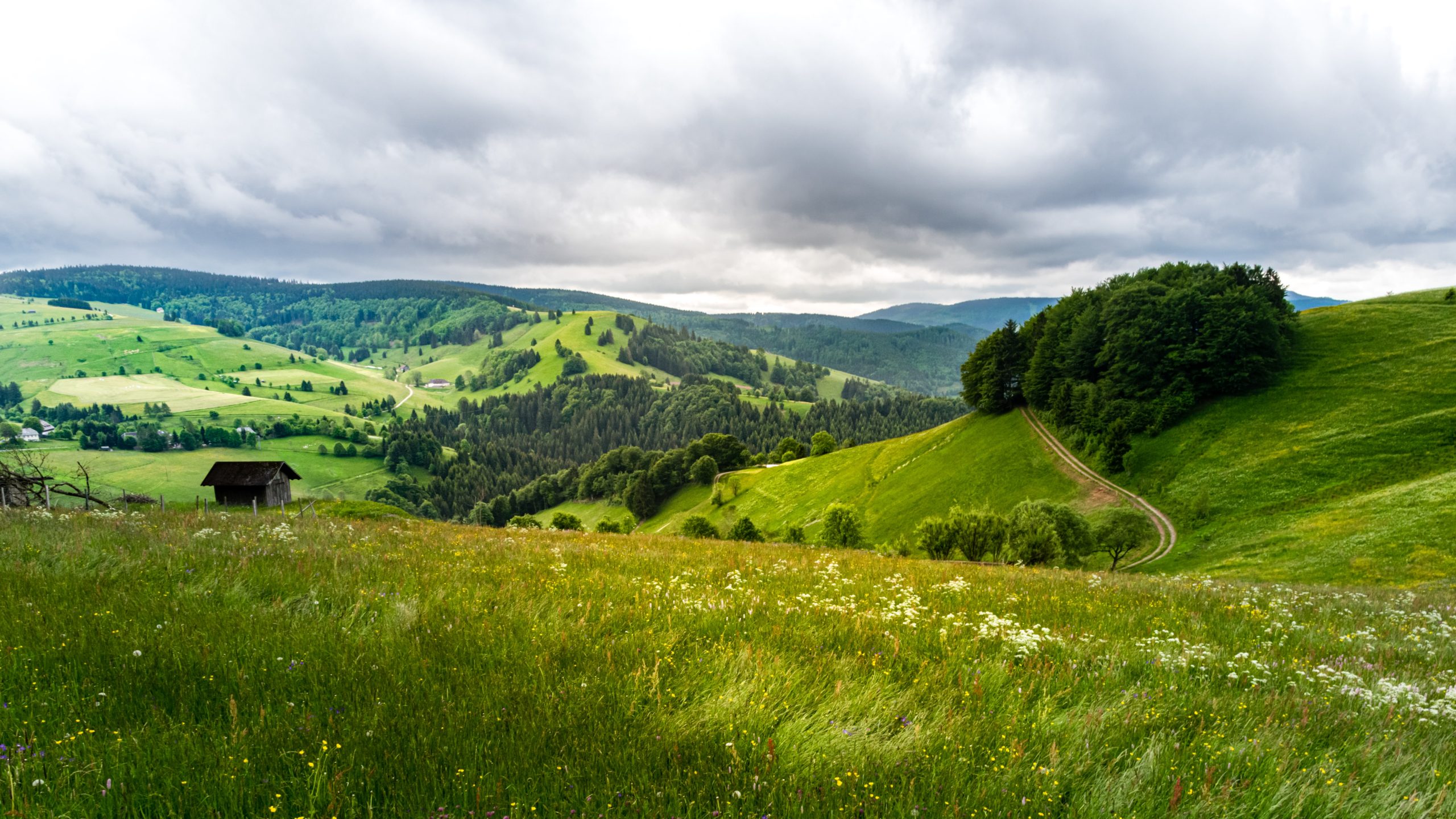The world is a village. It is driven by personalities, not by principles.
Regional development is a fast and effective means of anchoring prosperity, stability and community orientation in a region.
Regional added value moves much faster, more stable and more transparently than money in “large cycles” – one of my favorite examples are online mailers – if you pay an invoice to this, the money is simply “gone” – if you pay for a service in the village, it moves Money many more times and thus creates a multiplication of local added value AND social contact.
But what drives me even more is the thought that many of the services that a regional community would need for a good local life can be produced or provided by itself. Electricity, heat, food, building materials, living space, mobility and a seemingly endless list of other possibilities exist to create the basis for this life where people live – in harmony with nature and local resources. Such eco-social innovations already exist in many places and courageous pioneers sometimes started decades ago and created profound results.
Everyone can decide for themselves whether the state will still be able to provide services of general interest (supply of the essential basic needs) for its citizens in a few years’ time, but the enormous sum of 6,738,300,000,000 euros in financial assets of private households is currently hardly in favor used to provide this basic service, but (unfortunately) more to undermine it. Because investment products in which many investors do not even know where their money is, precisely the shareholder-driven decisions are fueled about which some citizens are rightly indignant.
Citizen-owned infrastructure and general interest cooperatives are a profound solution to give local communities the perspective of keeping their own security of supply in their own hands.
Cooperatives are the capital formation of community.
In addition, an increase in common property automatically increases the sovereignty of each community member and thus strengthens resilience (crisis stability) and the sense of community. If this community is still based on eco-social principles, one can rightly speak of future security. This happens through the anchoring of life-serving principles and through the creation of generational solutions, because a region with sustainable and meaningful jobs also prevents the younger generations from migrating.
Problems can never be solved with the same mindset that created them. (Albert Einstein)
An economist says “more for you is less for me.” But the lover knows that more for you is more for me, too. (Charles Eisenstein)

